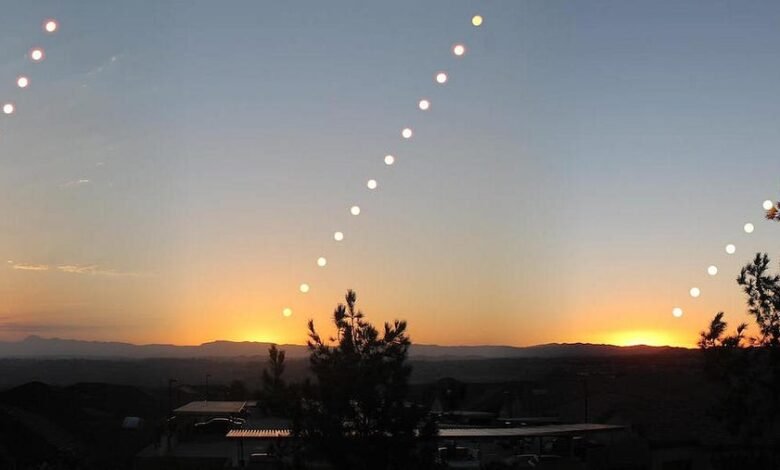SCIENCE
Ask Ethan: Why is it darker during Winter than Summer? | by Ethan Siegel | Starts With A Bang! | Jul, 2024

Sure, there’s less daylight during Winter than Summer, as your hemisphere is tilted away from the Sun. But darkness goes deeper than that.
If you take a look outside these days, if you live where most of Earth’s humans do — in the northern hemisphere — you’re likely to see something completely expected: how bright it is compared to six months ago, in the dead of winter. It’s not just that the days are longer and the nights are shorter, which is what’s seasonally true in the Summer as opposed to Winter, but there are many other ways that the Summer is brighter than the Winter. These include:
- the darkest part of the sky, as seen during the day, is less dark in the Summer than in the Winter,
- the sky, just after sunset, gets darker more quickly in the Winter than in Summer,
- and that the darkest part of the night, in Winter, is both darker and lasts for much longer as compared to Summer.
Sure, the Earth rotates on its axis, and whether your hemisphere (north or south) is tipped towards or away from the Sun determines whether it’s Summer or Winter. While that accounts for the extended daylight hours of Summer and the shortened daylight hours of Winter, that doesn’t…




